
In her new role, Amanda Landis-Hanna, DVM, will work closely with 2 of the organization's key audiences.

In her new role, Amanda Landis-Hanna, DVM, will work closely with 2 of the organization's key audiences.
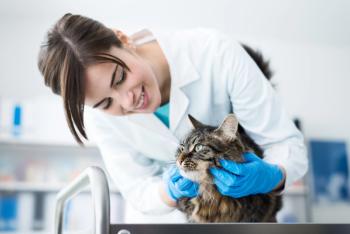
For some practitioners, the allure of relief work is great. Here's what to consider before making the transition from associate to relief veterinarian.

Introducing leading-edge fecal flotation technology that can elevate your practice’s diagnostic capabilities, bringing expert clinical results to general practitioners. Sponsored by Zoetis.

Young dogs have some simple reasons for leaving their urine where it doesn’t belong. But the not-so-simple ectopic ureter, a rare and often overlooked cause, can wreak havoc in the home.
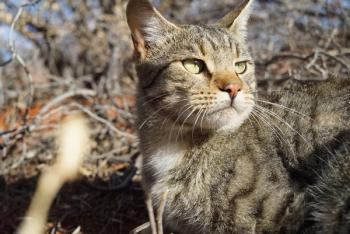
With cats wreaking havoc on the country’s wildlife, the Australian government has proposed recommendations intended to ensure the continued survival of native species and ecological communities.
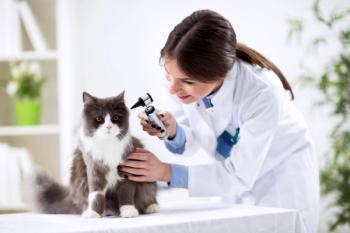
The corporate hospital chain has released 2 reports focusing on changes in pet ownership and veterinary care resulting from the pandemic.
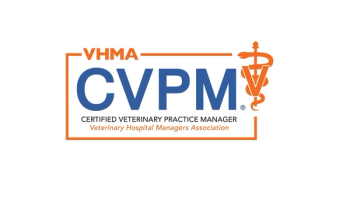
They join more than 700 practice managers who have already received the voluntary credential.

Understanding PCT (per client transaction), plus how (and why) it can help your practice flourish.

A sneak peek at this week’s headlines.
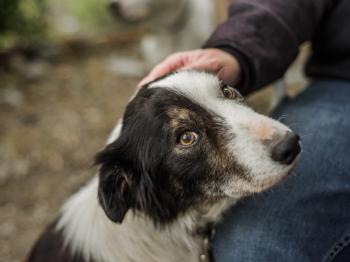
Could your canine patients benefit from daily medication for this behavior problem, or is there another solution?

Check out this week's top news stories.

Longtime veterinary relief technician Liz Hughston, MEd, RVT, CVT, LVT, VTS (SAIM) (ECC), shares 3 things new technicians need to know.

The 2021 “Telehealth Guidelines for Small-Animal Practice” will serve as a roadmap for veterinary practices, offering insightful step-by-step solutions to help incorporate telehealth into practice operations.

Looking to increase your clientele? Find out why your current strategy isn’t working, plus some practical ways to fix it.

“One day you will tell your story of how you overcame what you went through and it will be someone else’s survival guide.” —Brené Brown
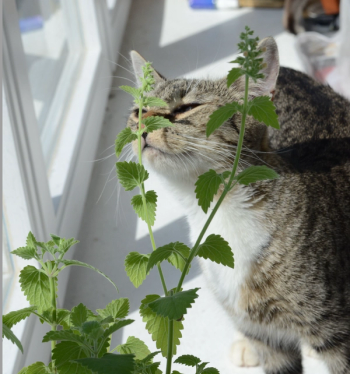
Cats that are immune to the powers of catnip may still be able to enjoy that special brand of feline fun with alternative plant materials that may work just as well.

The Brave Space Certificate Program will help fortify veterinary practices by supporting inclusion and encouraging open workplace dialogue.
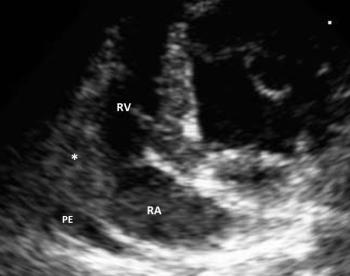
Considerations for the use of echocardiography to evaluate suspected tumors located in the heart.

On this episode of The Vet Blast Podcast, Dr Christman is joined by pet expert Steve Dale, CABC, as they discuss some common dental health myths and tips for discussing this important topic with your clients.

Little is guaranteed to associate veterinarians earning a base salary plus a percentage of production. Here’s how to make the best of this compensation situation.

A sneak peek at this week’s headlines.
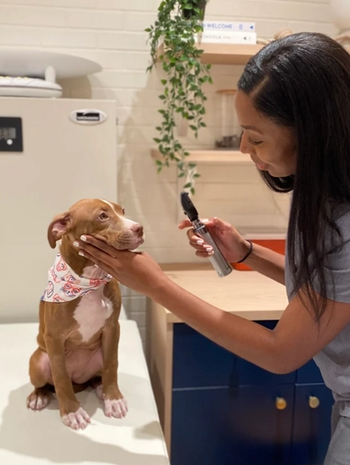
The goal of this new initiative is to empower technicians to advance their careers by offering them training courses, tailored mentorship, and the opportunity to significantly boost their salary.
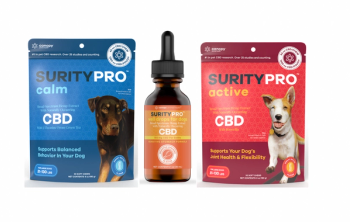
SurityPro CBD soft chews and well drops are well studied and formulated to deliver the most CBD per body weight of any product on the market.

With telehealth now part of the veterinary care landscape, VVCA offers community, camaraderie, and counsel for individuals who are ready to embrace the future.

Greg Geckles, with his 20 plus years of industry experience, will play a vital role in increasing company growth and enhancing engagement.

Should every veterinarian in your practice that handles controlled substances register with the Drug Enforcement Administration? Is anyone exempt? What are the rules for relief DVMs? Get advice on these and other DEA regulatory issues.
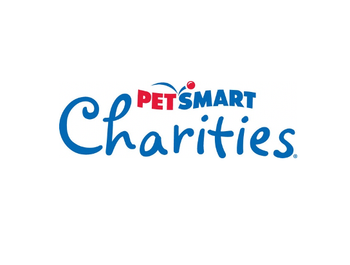
The organization’s mission is to keep pets and their owners together during these unprecedented times, thus avoiding rehousing or relinquishing of animals to shelters.

Freddy the Great Dane was named tallest dog in the world by the Guinness World Records in 2016, standing 7 feet 5.5 inches tall on his hind legs.
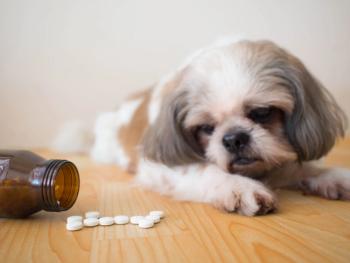
With the preponderance of serotonin-associated medications prescribed for both people and animals, veterinarians must know the potential for toxicity in their patients.
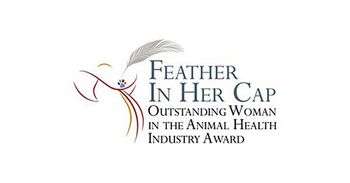
This year’s Feather in Her Cap Award recognized an animal welfare leader who has contributed significantly to the veterinary industry, including mentoring and developing women leaders.